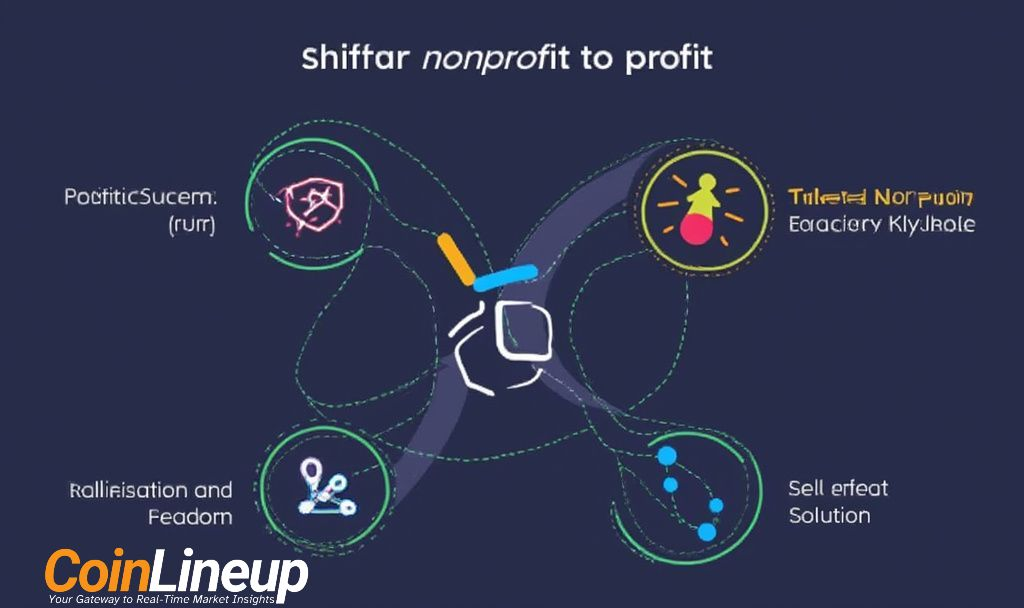
- OpenAI is considering a shift from a non-profit to a for-profit model.
- This transition could impact its $40 billion funding round.
- Industry reactions include skepticism from figures like Elon Musk.
- The move aims to attract more investors and innovators.
- Legal and ethical implications are being discussed widely.

OpenAI’s Shift: From Non-Profit to For-Profit
In a bold move that has sparked widespread debate, OpenAI is contemplating a transition from its original non-profit structure to a fully for-profit model. This decision comes at a time when the organization is seeking to secure a significant $40 billion funding round, which is contingent upon its restructuring.
Industry insiders and experts have voiced their opinions on this potential shift. Elon Musk, a co-founder of OpenAI, has publicly questioned the motivations behind this change, raising concerns about the implications for the organization’s mission and ethical considerations.
The shift to a for-profit structure could open doors for OpenAI to attract a broader range of investors and innovators, potentially accelerating its development of advanced AI technologies. However, this transition is not without its controversies, as many worry about the loss of OpenAI’s original vision and commitment to ethical AI development.
As discussions continue, the legal ramifications and ethical considerations surrounding this shift are becoming increasingly prominent, making it a hot topic in both the tech and financial sectors.






























